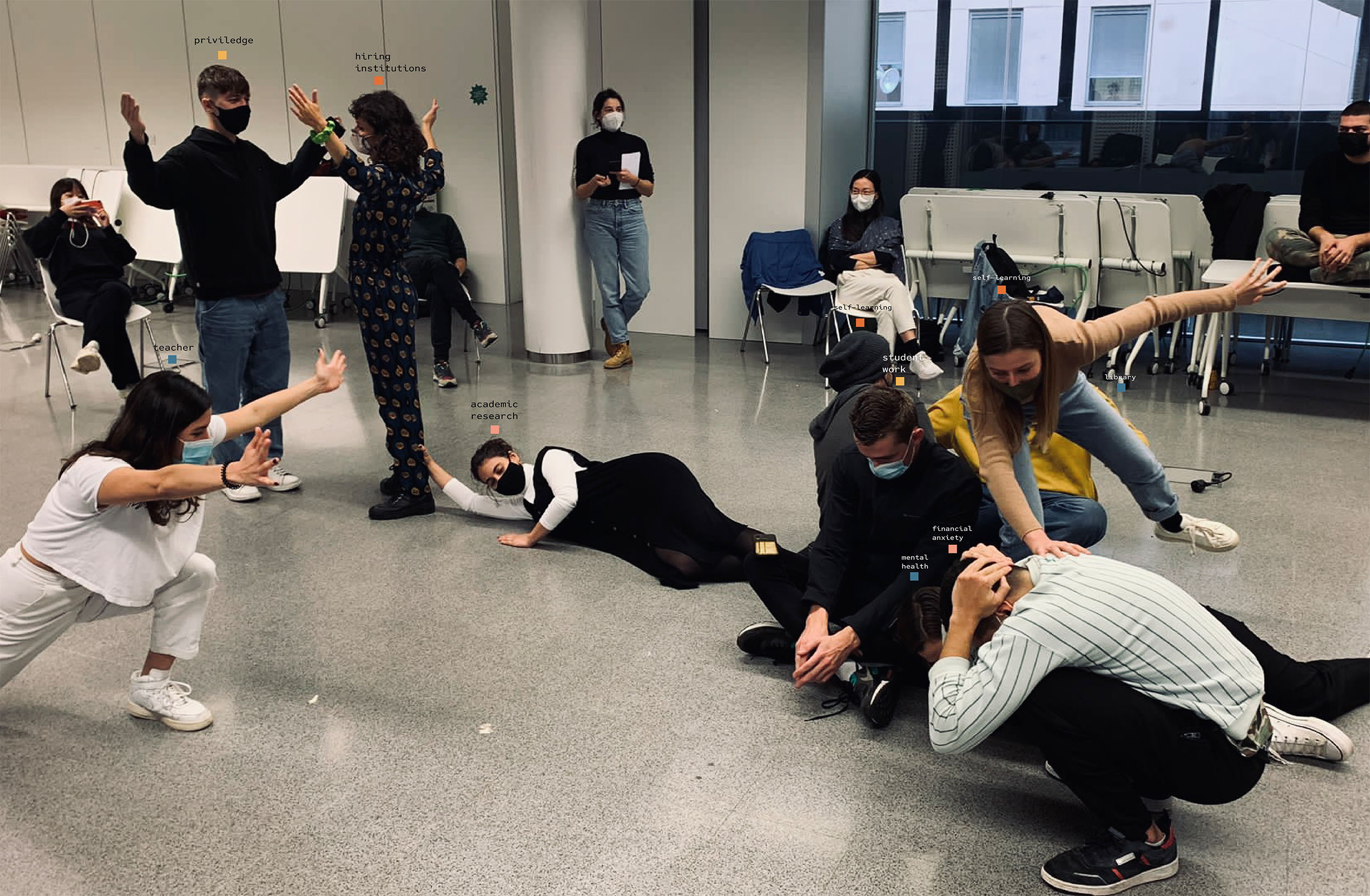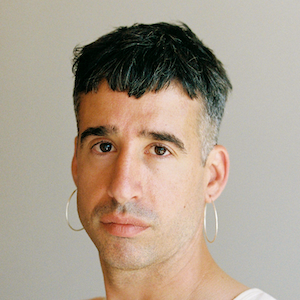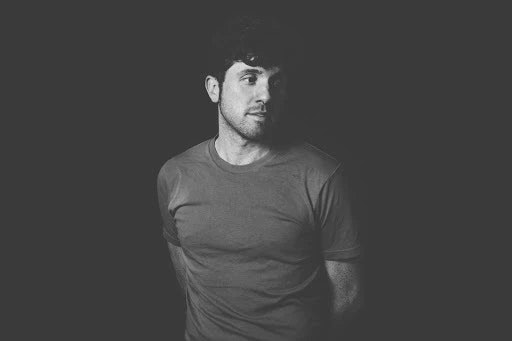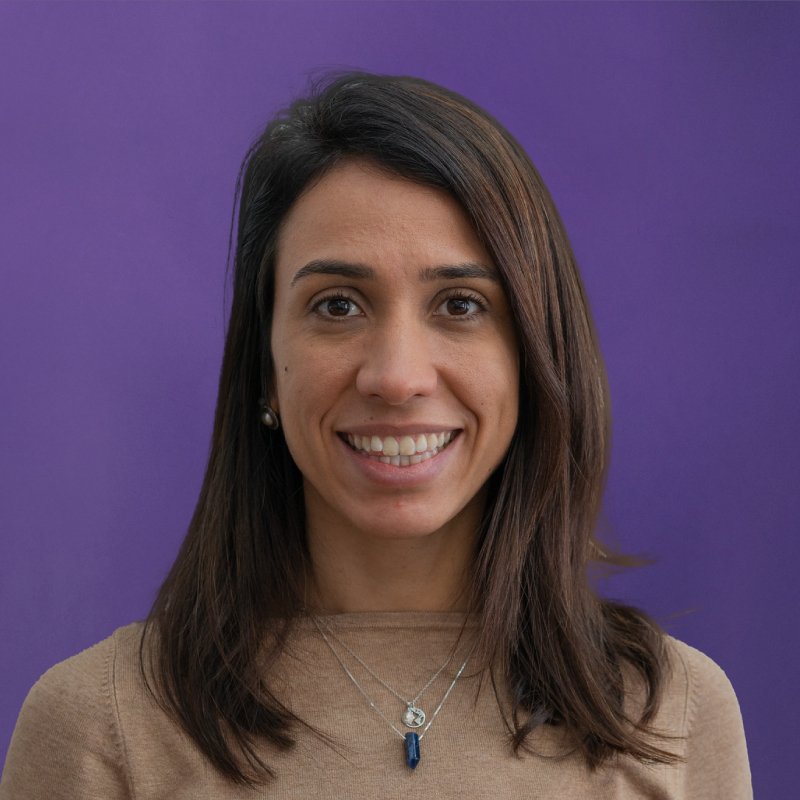Syllabus - Theory⇝
A full week of three hour sessions to kickstart designing with creative communities and engaging with the social body.
Design practice and the role of the designer has been evolving over time. Evolving from an utilitarian perspective at the service of industry (design over) to the integration of the perspective of the human user and it’s needs (design for) and, later on, it’s integration as an active agent in the design process (design with) the agency and expertise of the designer has been critically put into question generation after generation. Presencing the burst of the user-centered bubble and in the face of various existential risks, along these sessions, we will inquire over our role as designers and experience what it means to design within creative communities with the goal of putting our personal projects and capacities at the service of deep transitions.
Learning Objectives⇝
Students after completion of the course should be able to:
- Detect, understand and tackle complex issues through design practices
- Engage with “creative communities” related to the matters of concern
- Situate their practice in the field
- Engage in strategic intervention through prototyping
- Get familiar and confident facilitating groups of people and processes
- Widen their perspective of what community engagement means and learn a technique to work and learn from non human entities
Keywords: Creative communities, strategic intervention, tooling
Syllabus - Practice⇝
Learning from Fab Lab Barcelona’s projects.
Those promoting participatory action-research believe that ‘people have a universal right to participate in the production of knowledge which is a disciplined process of personal and social transformation. In this process, people rupture their existing attitudes of silence, accommodation and passivity, and gain confidence and abilities to alter unjust conditions and structures'. (Paulo Freire, in Smith et al, 1997:xi)
Fab Lab Barcelona has been involved in many European and local action-research projects with the goal of developing, testing, and implementing alternative and circular strategies towards a (more) locally productive and globally connected city.
In the practical sections of the Community Engagement seminar, MDEF students will be invited to explore principles, methodologies and tools used by Fab Lab Barcelona team and their impacts in community-based projects. The selected local pilot projects will primarily draw inspiration from two recent European projects, Distributed Design and CENTRINNO, with a keen focus on leveraging Fab Lab Barcelona's extensive expertise in social innovation and community engagement in practice.
While differing in specific objectives and goals, the selected projects have been aligned with the Fab City principles and share a common objective: both expand the purpose of creativity to transform communities, societies and ecosystems, supporting the development of new approaches to innovation, learning and impacting at the local level, while articulating global efforts.
Within this context, during the two sessions, students will practice with methods to support social change whilst focussing down on the purpose of engagement. The practical course will be further enriched with thematic topics addressing circular and collaborative manufacturing, co-creation mechanisms, practice-based capacity building and peer-learning. During the two days of activities, students will also have the opportunity to visit and engage with local community-driven initiatives around Barcelona.
Learning Objectives⇝
This seminar offers students a comprehensive learning experience in the field of community engagement, social innovation, and collaborative practices. Following a practical approach based on that can be applied to their future projects, by:
- Understanding alternative and circular strategies aimed at fostering local productivity while maintaining global connectivity.
- Exploring effective principles to engage with new or existing communities.
- Having access to tailored tools, methodologies, and other resources discussed in real-world scenarios.
- Meeting local actors and inspiring initiatives. Students will have the opportunity to visit and engage with local community-driven projects in Poblenou.
Keywords: Participatory processes, co-creation, community engagement, local production
Schedule - Theory⇝
WORKSHOP: Design prefigurations around food
Lead: Markel & Adrià
Using food as a proxy for ecological relationships, students will explore how to engage with local creative communities to intervene into complex issues around food and their ramifications. The workshop should result in the identification of a creative community, a reflection around the politics of design in relation to human and non-human actants and the development of an experiment/prototype to intervene into the system in collaboration with “communities”.
Session 1 (Markel):
- Working frameworks
- Mapping and sensing food issues and it’s ramifications
- Inspo lightning talk (to be defined)
- Approaching a creative community
- Approaching the homework: planing
Homework between sessions: “Meeting” creative communities, field research and insight generation.
Session 2 (Adrià):
- Working frameworks
- Mapping and sensing land issues and it’s ramifications
- Inspo lightning talk (La Borda and Aquí at Coopolis)
- Approaching a creative community
- Approaching the homework: planing
Homework between sessions: “Meeting” creative communities, field research and insight generation.
Session 3 (Markel):
- Debriefing encounters
- Insight generation and community’s approaching strategy
- First ideas on intervention
Homework between sessions: Refining insights and community’s approaching strategy
Session 4 (Adrià):
- Debriefing insight and community’s approaching strategy
- Prototyping approaching strategy and intervention
Schedule - Practice⇝
Setting the ground for distributed impact
From 3pm to 5pm:
- Introduction to Fab Lab Barcelona’s approach to communities
- FLB’s Community engagement principles
- Overall process and strategies
- Distributed Design - Building new pathways for sustainability in diversity and social justice, engaging civic leaders, makers, (digital) social innovators on societal change and transformation.
- Lessons learned
- Legacy, tools and resources
From 5pm to 7pm: Visiting communities
- Visit to community-driven organizations
Local value creation through collaboration
From 3pm to 5pm:
- Power versus interest: understanding local contexts
- CENTRINNO EU project - Exploring industrial historical sites to become new and inclusive hubs of entrepreneurship and creativity while fostering sustainability.
- Lessons learned
- Legacy, tools and resources
From 5pm to 7pm: Visiting communities
- Visit to community-driven organizations
Deliverables⇝
Session 1 to 4 - Theory⇝
Students are requested to deliver a final presentation (with a digital record) that reflects around the process and learnings achieved. This presentation should present the final prototype/intervention proposal and evidence from its rehearsal. This might include: digital prototypes, videos, pictures, storytelling, etc.
Students will be asked to identify a creative community related to their matter of concern, research it, and frame an intervention towards this creative community.
Students will be asked to reflect through their blog on their personal disposition towards facilitation, identify their personal style, strength and weaknesses.
Grading Method⇝
The course will be evaluated with a numeric grade that will average results from the 4 sessions.
Session 1 to 4 - Theory⇝
| Percentage | Description |
|---|---|
| 20% | Participation |
| 40% | Prototype development and evidencing |
| 40% | Personal reflections |
European Credit Transfer and Accumulation System (ECTS)
2 ECTS
Additional Resources⇝
Bibliography⇝
- Thinking in Systems - Donella Meadows
- Dark Matter and Trojan Horses - Dan Hill
- Exposing the magic of Design - John Kolko
- Frame Innovation - Kees Dorst
- A more beautiful question - Warren Berger
- Design, When everybody Designs - Ezio Manzini
- Design for the Real World - Victor Papanek
- Critical Zones - Bruno Latour & Peter Weibel
- Leading from the Emerging Future - Otto Scharmer and Katrin Kaufer
Netography⇝
Guidelines for Designing Systemic Interventions
Towards ‘Targeted Systems Change’
Performing transitions within emergent paradigms
Sensemaking and Framing: A Theoretical Reflection on Perspective in Design Synthesis
Conviviality in a cooperative housing — La Borda de Can Batlló
Open access tools for community engagement⇝
- Community lovers guide
- Creative Community planning
- Centering equity in collective impact
- The center for convivial research
- Community Sense
- Community Tool Box
- Community Canvas
- https://www.spacesandcities-toolkit.com/
- How to Lead Collective Impact Working Groups: A Comprehensive Toolkit
- Tools for working groups
Faculty⇝
Holon emerged in 2014 as a proposal from the design community to what we see is humanity in transition.
From non-profit cooperatives, associations, and foundations transforming sectors such as housing or energy, to local SMEs exploring the circular economy, to programs of the United Nations working on eco-innovation or international corporations defining how sustainability fits companies of their size. We exist to help these organizations become the new normal through design. We work to align their organizational goals with the needs of the people they serve and their social and environmental context. From experiences to the ecosystem, we shape the everyday life of transitions.
Designer and activist involved in projects enabling the everyday life of just sustainability transitions. He is a founding member of Holon, a non-profit cooperative advancing the role of design in societal transformations. Skill set based on strategic design, design research and service design developed in more than a decade of experience in projects with organisations such as Interface Inc., UN Environment or La Borda Coop. Since 2010 he’s been involved in the education of more than 600 design students internationally and is a founding member of EDIVI, a catalan network of centers promoting design for social innovation and sustainability.
BA in Design by Eina, School of Design and Art of Barcelona, Catalonia (2009) Adrià took part of the EU LeNS Program in Polytechnic of Milan, Italy (2009), and holds a MSc. in Strategic Leadership towards Sustainability by the Blekinge Institute of Technology, Sweden (2012). In 2016 took the first course on Transition Design by the Schumacher College, UK. Doctoral student by IN3 program of the Universitat Oberta de Catalunya on policy design and transitions in the cooperative housing sector.
Markel Cormenzana, Transition Designer. Mechanical Engineer specialized in Product Development from the University of the Basque Country and the University of Southern Denmark (SDU). Ma Advanced Design Studies (UPC-UB). He has channeled his professional activity towards designing (product, service, systems, UX...) and innovating to dance with the complex social, economic and environmental challenges we face as a civilization. He is also a regular guest teacher at several design schools in Barcelona such as IED, BAU, Elisava or ESDESIGN.
Milena Juarez (female) is a Brazilian environmental engineer with a master’s in Interdisciplinary Studies in Environmental, Economic and Social Sustainability and specialization in Urban and Industrial Ecology at the Universitat Autònoma de Barcelona. With a large experience in research, Milena has been actively involved in various interdisciplinary research projects in the field of circular economy, resilient cities, co-creation, and sustainable food. She currently coordinates the Barcelona pilot for CENTRINNO EU project at IAAC and works as an action researcher for the REFLOW and FOODSHIFT EU projects. As one of the responsible for community engagement at Fab Lab Barcelona, Milena supports the local activities at the Fab City Hub, a co-creation distributed space to design the future for urban self-sufficiency.




